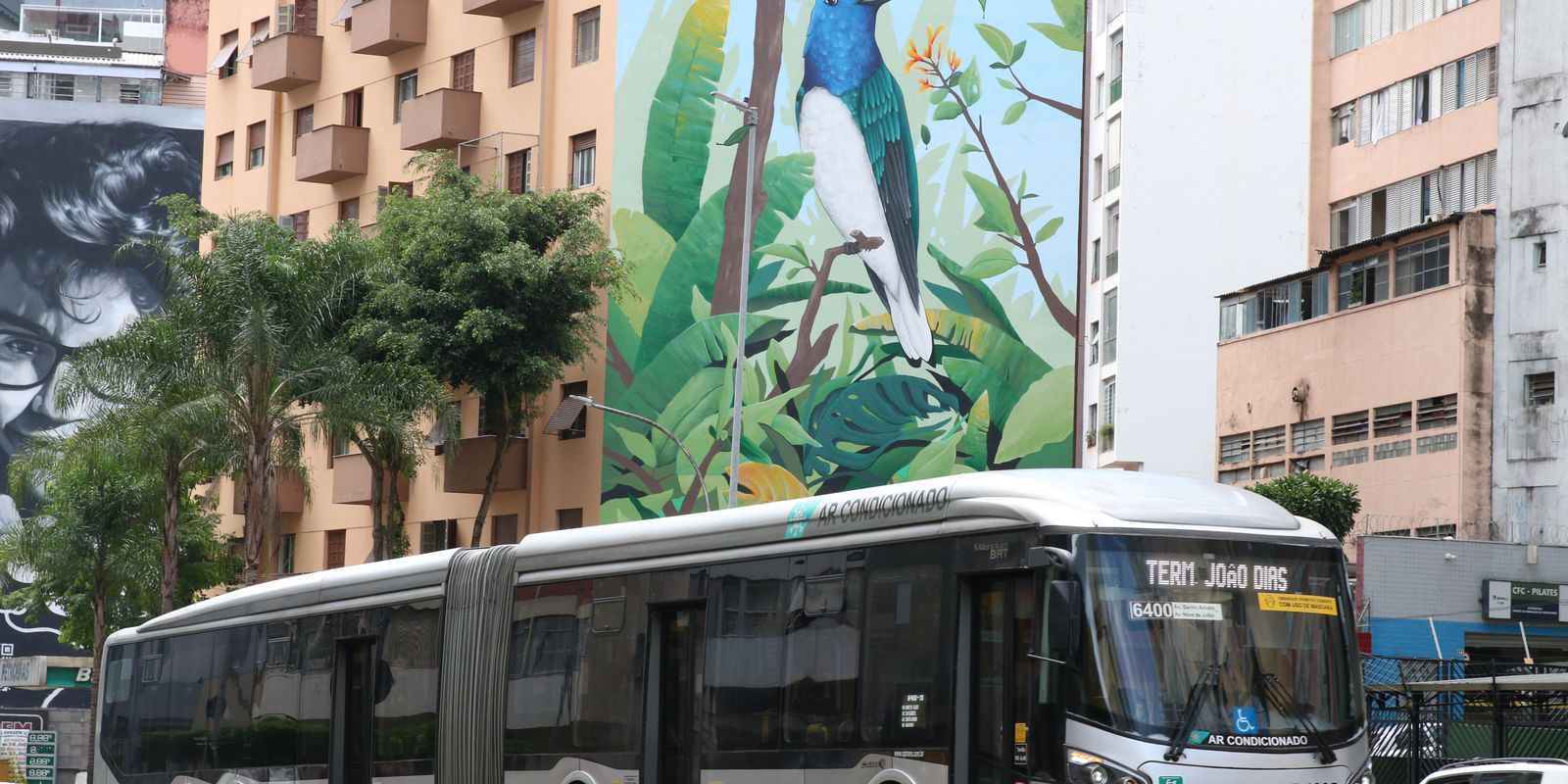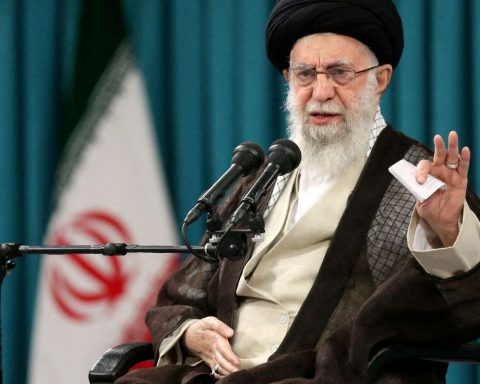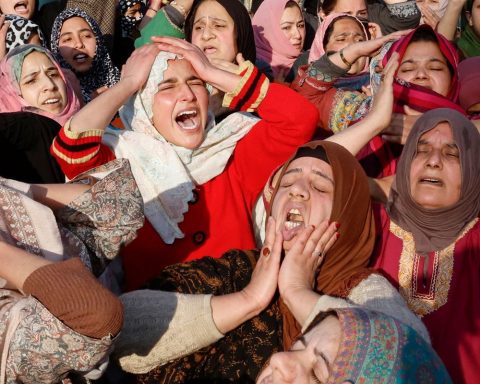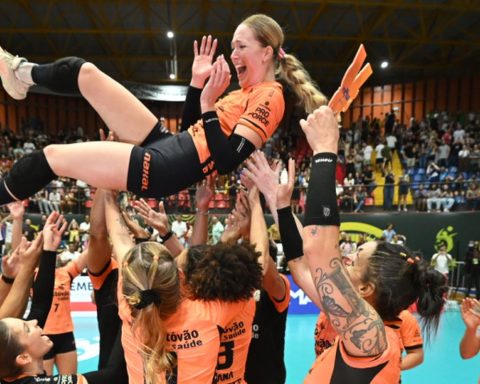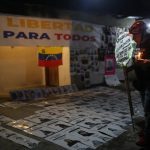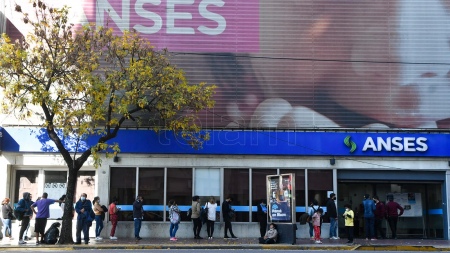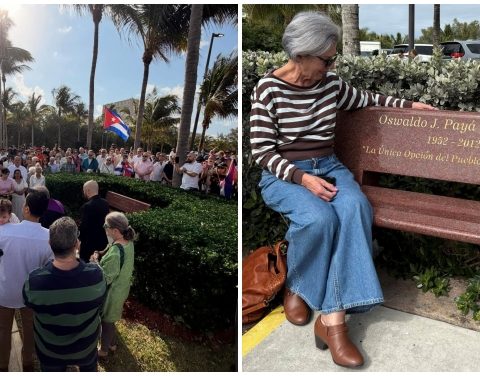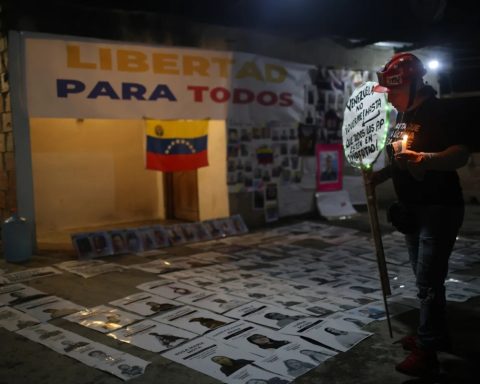In addition to municipalities, states will be able to voluntarily offer free public transport in the second round of elections, decided today (22) the minister of the Federal Supreme Court (STF) Luís Roberto Barroso. He extended to state governments the possibility granted by the court to the municipalities last Wednesday (19).
Barroso analyzed a request submitted by the government of Bahia. The state asked the STF to clarify whether the decision on municipalities also applied to state governments and whether free transport could be offered for trains or subways, in addition to buses.
In the decision, Barroso explained that free transport can be offered by any means. The judge also authorized free transport between two municipalities, to serve residents who live in one city and vote in another.
The Bahian government had mentioned the case of the subway between Salvador and Lauro de Freitas, which is a state concession, but is integrated with the bus lines of the two municipalities.
According to Barroso, the first decisions on the subject concerned the municipalities because the Constitution assigns them the competence to offer transport within their limits. The minister, however, highlighted that state public transport is also important to meet the demand of voters.
“It is true that public transport services provided by member states can also assist voters when traveling between their homes and polling stations. Whether in the case of those who do not reside in their electoral domicile, or through the displacement carried out between the limits of each municipality that integrates their route”, Barroso highlighted in the decision.
Last Wednesday, the STF confirmed an injunction granted by Barroso that allowed free public transport in the second round of the elections. The decision was taken based on an action filed by the Sustainability Network shortly before the first round.
At the request of the party, the minister also determined that public transport should be maintained at normal levels and that municipalities that had already offered free transport in previous elections should maintain the measure.
To ask for universal gratuity, the Network argued that voting is mandatory in Brazil, but that many voters cannot afford the ticket to the polling place, which in many cases is more expensive than the fine for non-attendance, whose maximum value is R$ 3.51. The measure also aims to avoid high abstention of voters on polling day.
